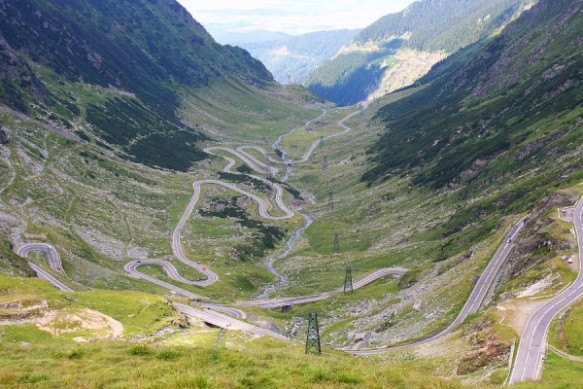In his book, The Hero with a Thousand Faces, the great mythologist Joseph Campbell described what he termed the monomyth, the basic form that many stories from all over the world take:
A hero ventures forth from the world of common day into a region of supernatural wonder: fabulous forces are there encountered and a decisive victory is won: the hero comes back from this mysterious adventure with the power to bestow boons on his fellow man.
Not all mythic journeys involve actually “going” somewhere. Sometimes it’s a journey deep into the mind of Hannibal Lector, or discovering that there is beauty in and among all of the disadvantages of growing old. But often it is a real, physical journey. From The Odyssey to Lord of the Rings and Lassie Come-Home, we travel with our heroes as they leave the ordinary behind (far behind, in the case of Frodo) and enter the realm of supernatural wonder.
I like to write traveling novels — obviously, since I’ve written two of them. Return from Avalon (and Points West) (the one that’s coming out in June) is a real, just get-in-the-car-and-start-driving sort of journey. The type that almost all of us relate to the most. We gave up dreaming of slaying dragons and ogres when we left childhood (actually, that’s probably a good working definition of the end of childhood: when we no longer dream of slaying dragons), but we’ve all had the dream, in one fashion or another, of just leaving it all behind and start driving. Unfortunately, the America of the mid 19th century where our forefathers could actually live that dream, sell everything and buy a covered wagon and head out, is long gone. Sigh.
Strange Bedfellows, in the last edit before submitting for publication, is even closer to your fantasy. The hero — the first hero, I should say, since there are actually 4 — is a middle-aged accountant who hits a $47 million lottery, buys his way out of his miserable existence, gets into his 7-year-old Camry, and heads out looking for adventure (which he finds in the form of a 30-year-old stripper, her 11-year-old son, and the mysterious “Aunt Morgan” who lives in the stripper’s head).
My personal problem with writing a traveling novel is that I tend to get too mired in the details of the journey. I sometimes find it hard to balance “real adventure” – an event that pushes the characters toward their own decisive victory over the fabulous forces – and travelogue.
Generally my first draft readers and writers’ groups keep me on track, and I end up with a lot of words in that ethereal trash can in the cloud where electronic words go to die. Fortunately, words are ultimately cheap, although they don’t feel that way when you’ve spent so much time and love putting them down in the first place.

